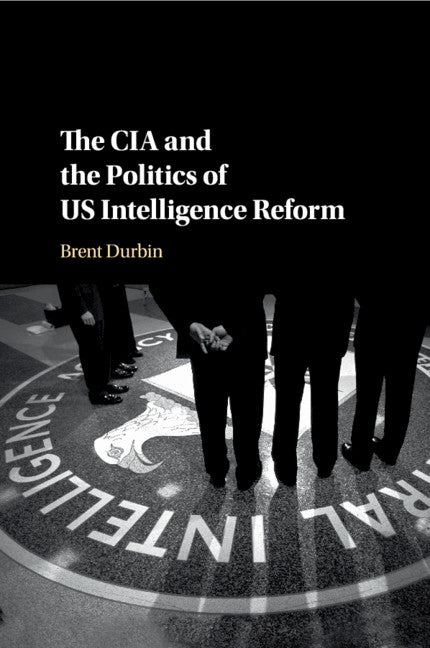Freshly Printed - allow 8 days lead
Couldn't load pickup availability
The CIA and the Politics of US Intelligence Reform
This book presents a thorough analysis of US intelligence reforms and their effects on national security and civil liberties.
Brent Durbin (Author)
9781316638064, Cambridge University Press
Paperback / softback, published 5 September 2019
338 pages, 1 b/w illus. 2 tables
22.8 x 15.2 x 2.1 cm, 0.45 kg
Examining the political foundations of American intelligence policy, this book develops a new theory of intelligence adaptation to explain the success or failure of major reform efforts since World War II. Durbin draws on careful case histories of the early Cold War, the Nixon and Ford administrations, the first decade after the Cold War, and the post-9/11 period, looking closely at the interactions among Congress, executive branch leaders, and intelligence officials. These cases demonstrate the significance of two factors in the success or failure of reform efforts: the level of foreign policy consensus in the system, and the ability of reformers to overcome the information advantages held by intelligence agencies. As these factors ebb and flow, windows of opportunity for reform open and close, and different actors and interests come to influence reform outcomes. Durbin concludes that the politics of US intelligence frequently inhibit effective adaptation, undermining America's security and the civil liberties of its citizens.
1. Politics, the CIA, and the pathology of intelligence reform
2. Understanding intelligence reform
Part I. Adapting to the Early Cold War: 3. The founding of US Central Intelligence, 1941–1946
4. US Intelligence and the early Cold War, 1947–1953
Part II. Adapting to the Collapse of the Cold War Consensus: 5. US Intelligence at the advent of détente, 1968–1974
6. Politicizing US Intelligence, 1974–1978
Part III. Adapting to the End of the Cold War: 7. Intelligence for a New World Order, 1989–1992
8. Scandal, study, and stasis, 1992–1996
Part IV. Adapting to the Post-9/11 Era: 9. Intelligence reform after 9/11, 2001–2004
10. Intelligence in an age of terror, 2004–2015
11. What have we learned?
Subject Areas: International organisations & institutions [LBBU], International relations [JPS], Politics & government [JP], 20th century history: c 1900 to c 2000 [HBLW]


